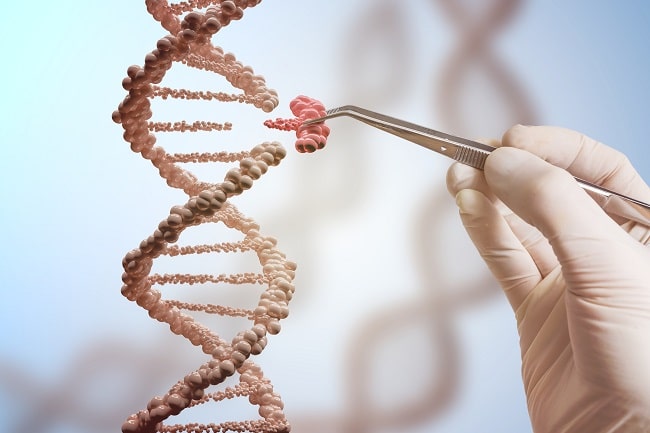Gene Therapy Genetic Editing Promise Unleashed – Genetic editing, a technology that brings hope for the ability to change with precision the genetic composition of living organisms, has emerged as a milestone in the world of science and human health. In the birth of the potential of gene therapy, there are countless opportunities to overcome the challenges of diseases that have been the scourge of mankind.
What things to know
When humans first unraveled the structure of DNA in 1953, it was the start of an unimaginable genetic revolution. However, recently, with the advancement of CRISPR-Cas9 technology, we have entered a new era in which genetic editing is no longer just a dream, but a reality capable of changing the destiny of mankind.
The therapeutic potential of genes unleashed by genetic editing has aroused excitement and optimism in the scientific community and society at large. In its simplest sense, genetic editing allows us to modify human DNA by removing, adding, or changing certain gene sequences. This opens up opportunities to tackle genetic diseases that were previously thought to be incurable.
Imagine a child who is born with a rare genetic disorder that threatens his life. Previously, treatment could only relieve symptoms or slow the progression of the disease. However, with personalized gene therapy, scientists and doctors now have the opportunity to edit the genes responsible for the disease, leading to a true cure. This provides hope not only for those with genetic diseases, but also for future generations who may avoid similar suffering.
What’s there
In addition to genetic diseases, genetic editing also holds promise for the possibility of overcoming diseases that are not only genetic in nature, but also complex and multifactorial. For example, some forms of cancer that are difficult to treat can be subjected to targeted gene therapy to specifically destroy cancer cells, increasing the effectiveness of treatment and reducing adverse side effects.
However, as with every major scientific innovation, there are challenges to be faced. Gene editing raises complex ethical and legal questions. How can boundaries be established to prevent abuse of this technology? How can individual rights be protected in the context of genetic editing? All of these questions need to be answered carefully and collectively by society, scientists and policy makers.
a description of all that exists
In conclusion, the promise of genetic editing as a therapeutic potential for released genes carries great hope for humanity. This potential not only transforms the lives of individuals suffering from genetic diseases, but also pave the way for the advancement of human health as a whole. However, it is important for us to pay attention to the ethical and legal implications attached to this technology, and to ensure that its development is carried out wisely and responsibly. In this way, we can take a step forward toward a future in which once incurable diseases become a past erased by the infinite promise of genetic editing.
